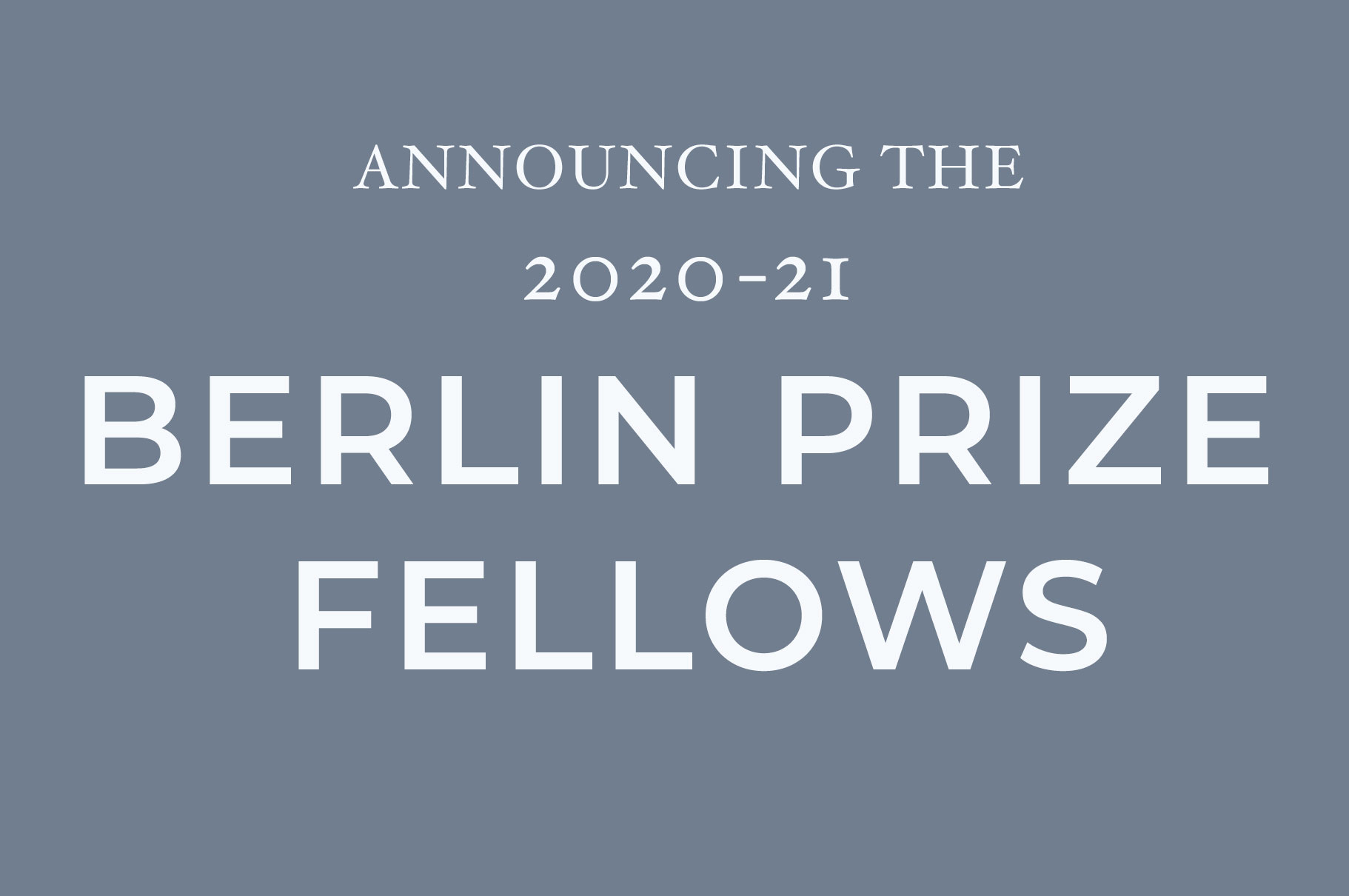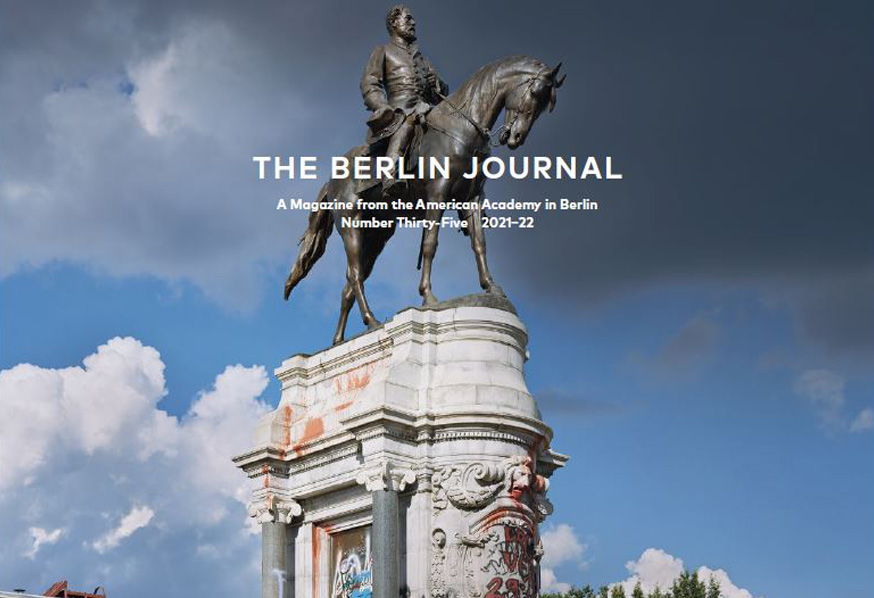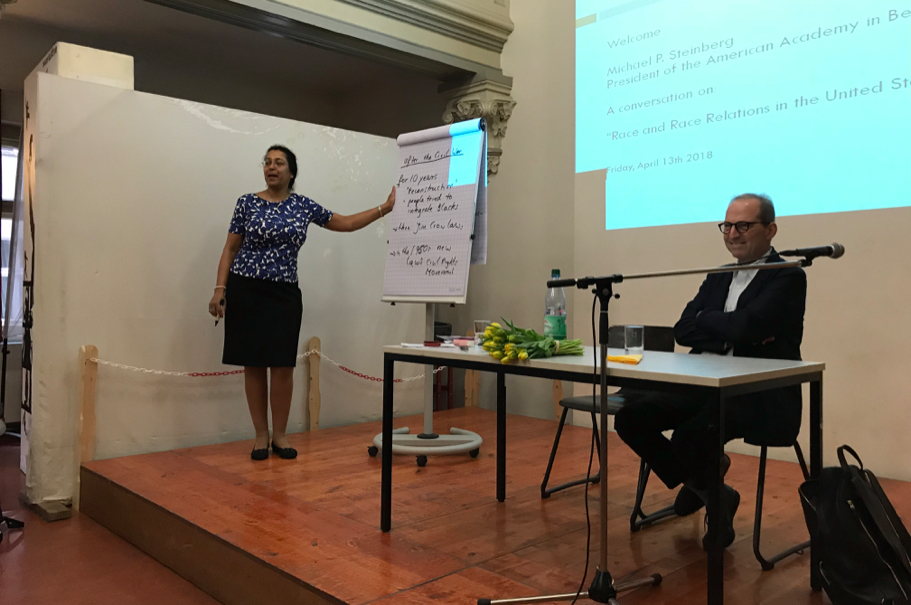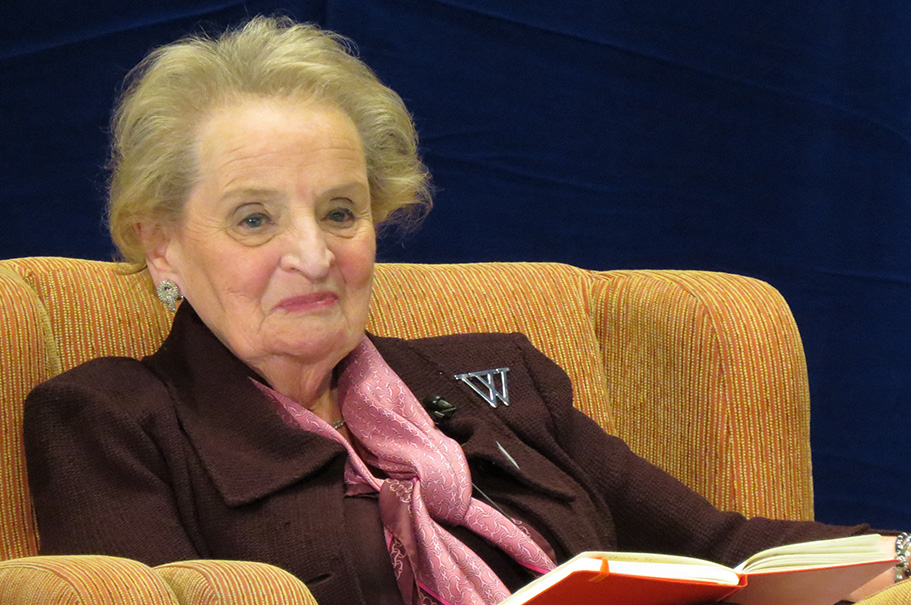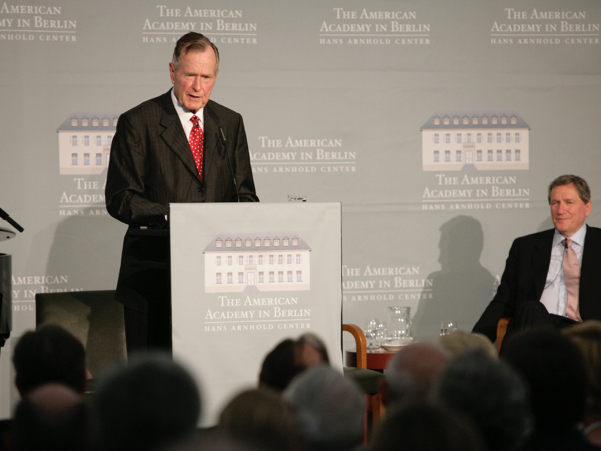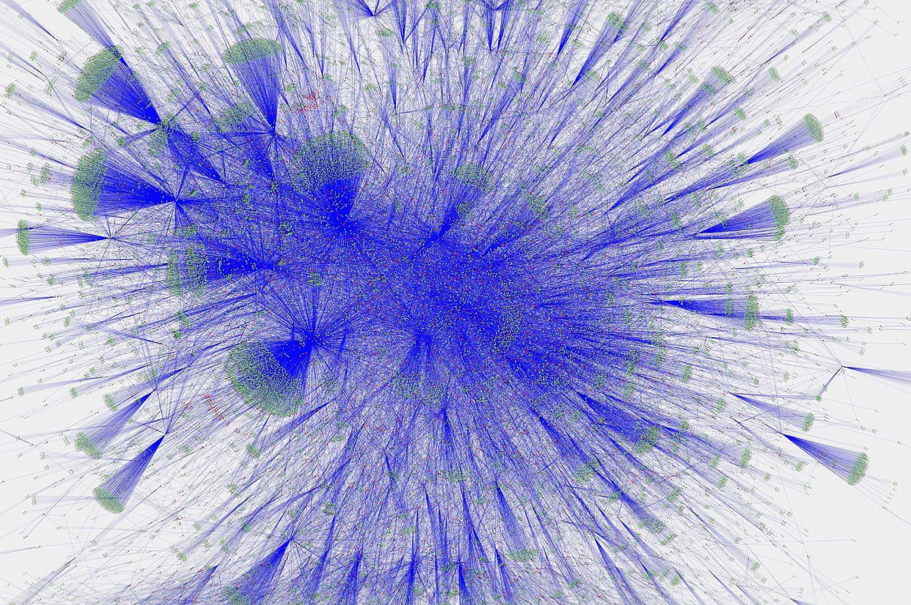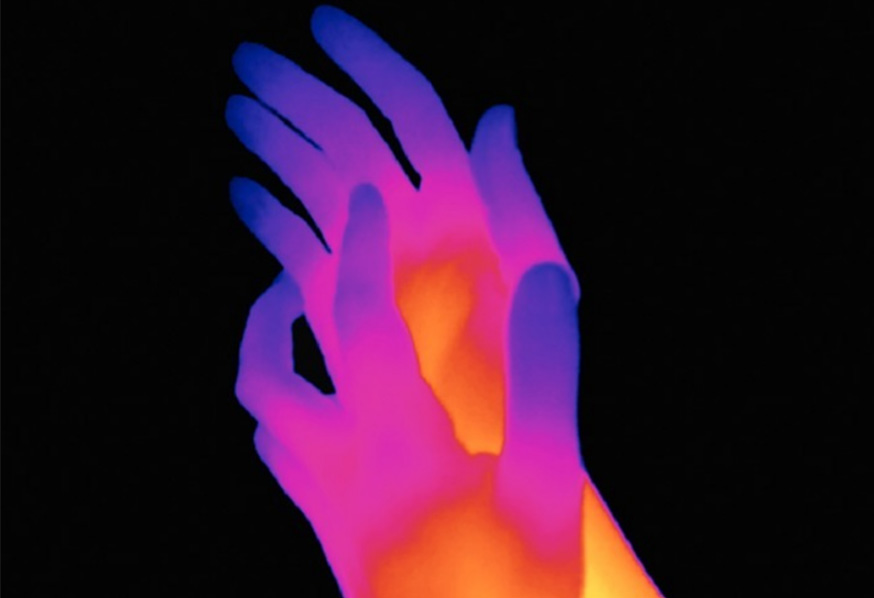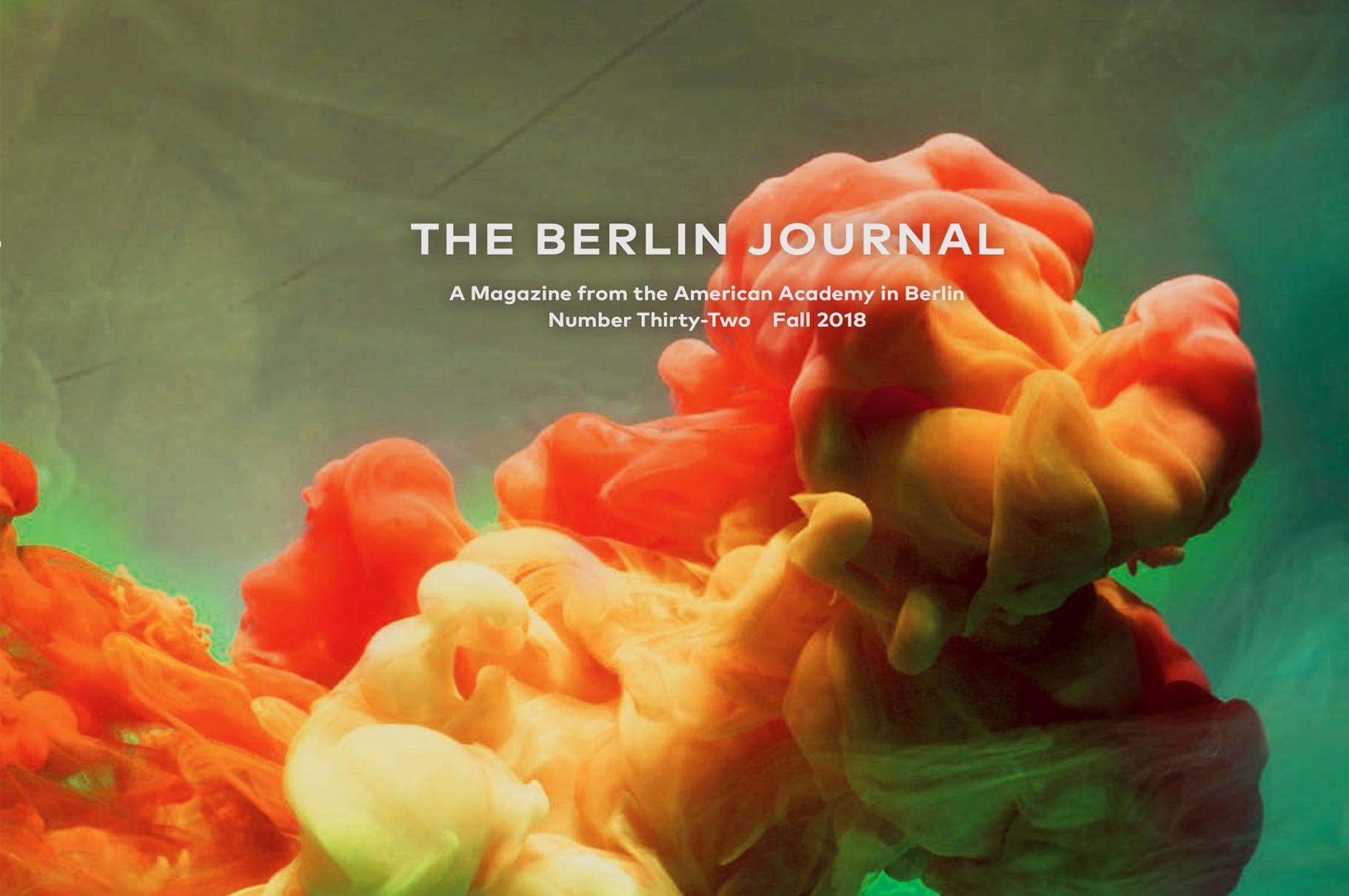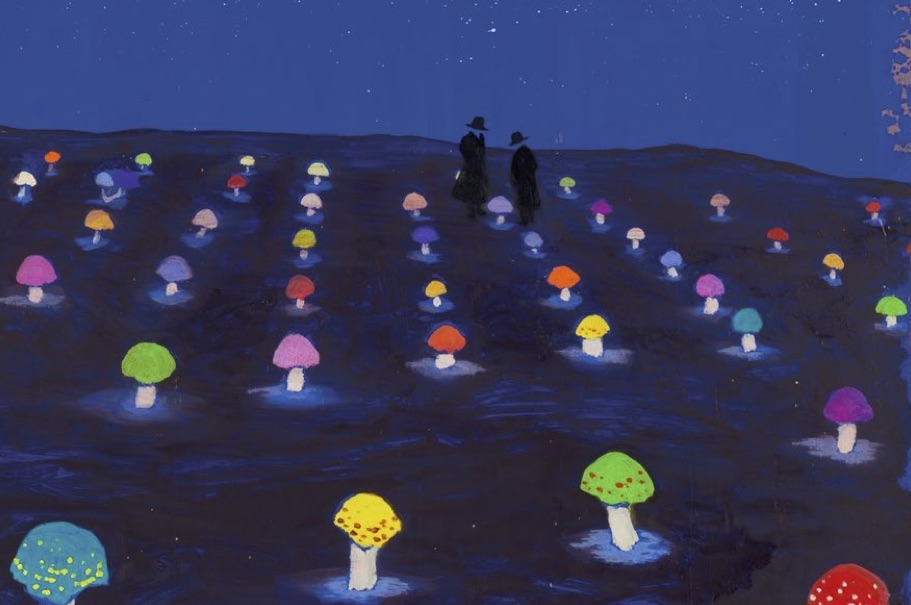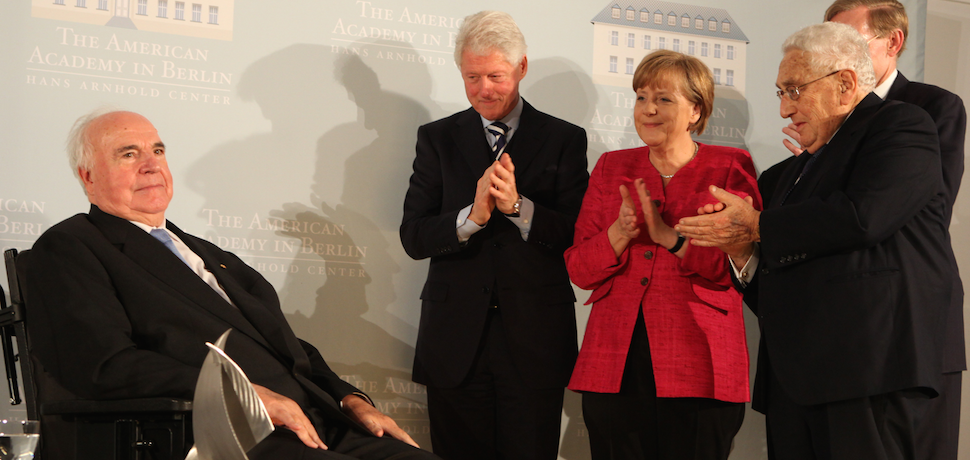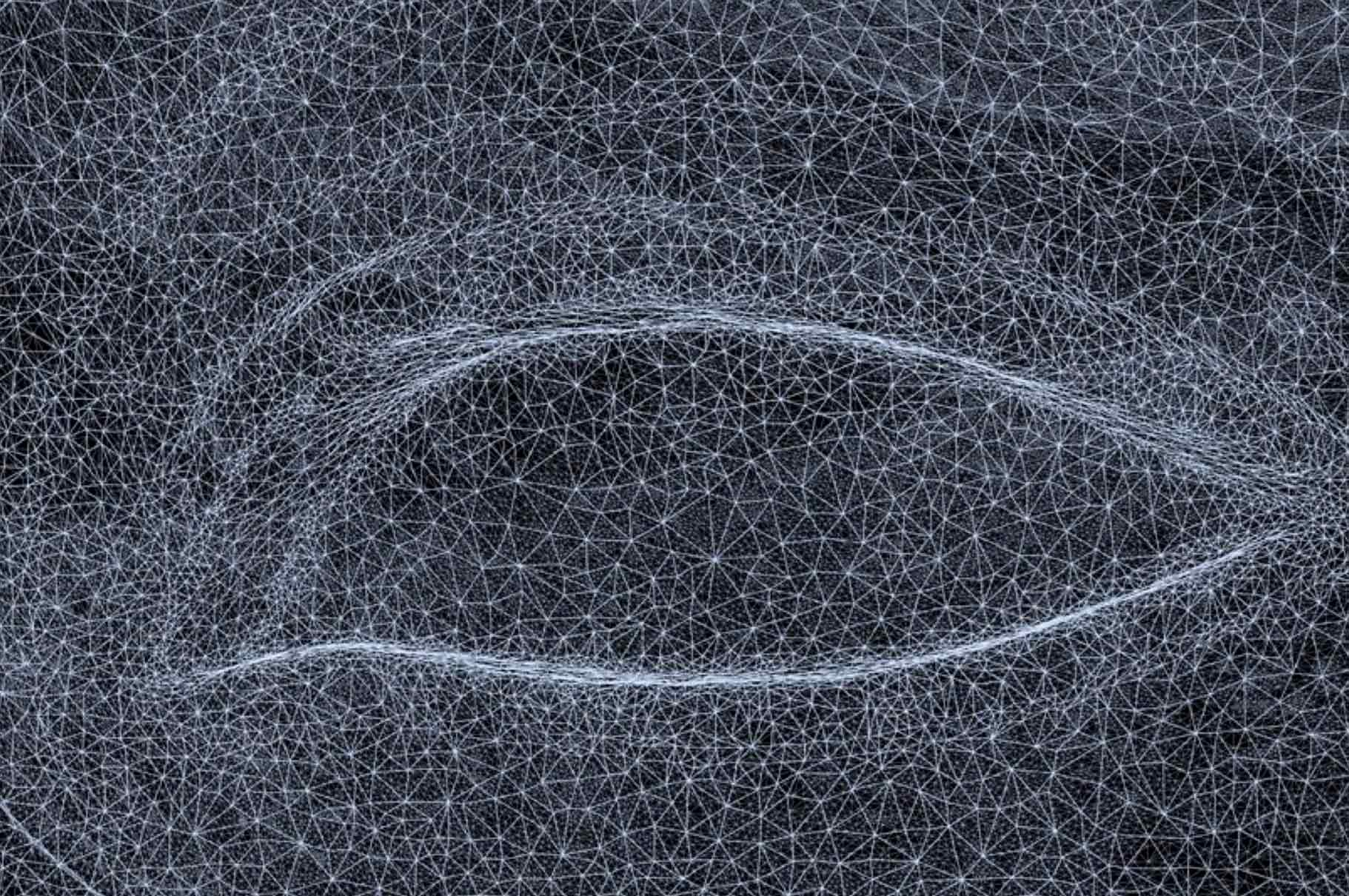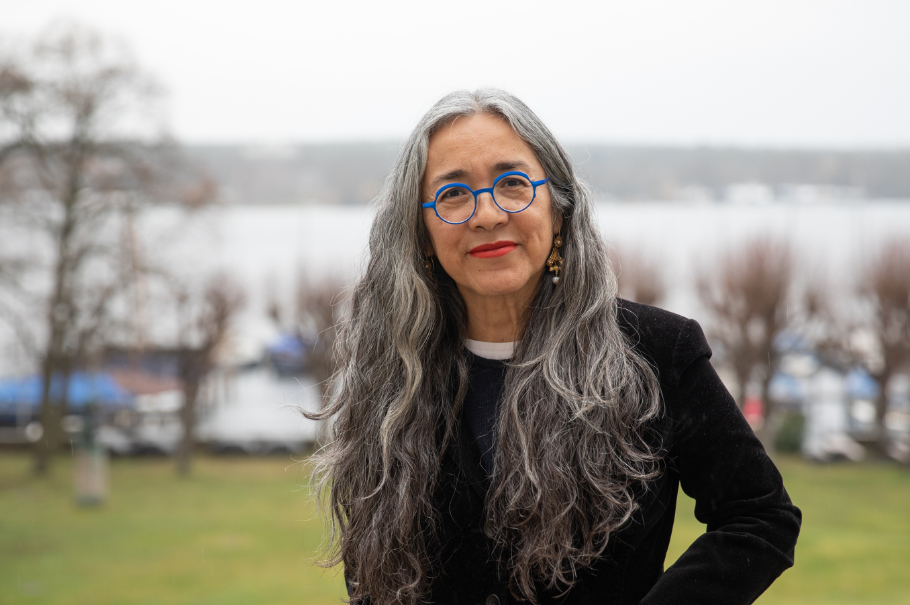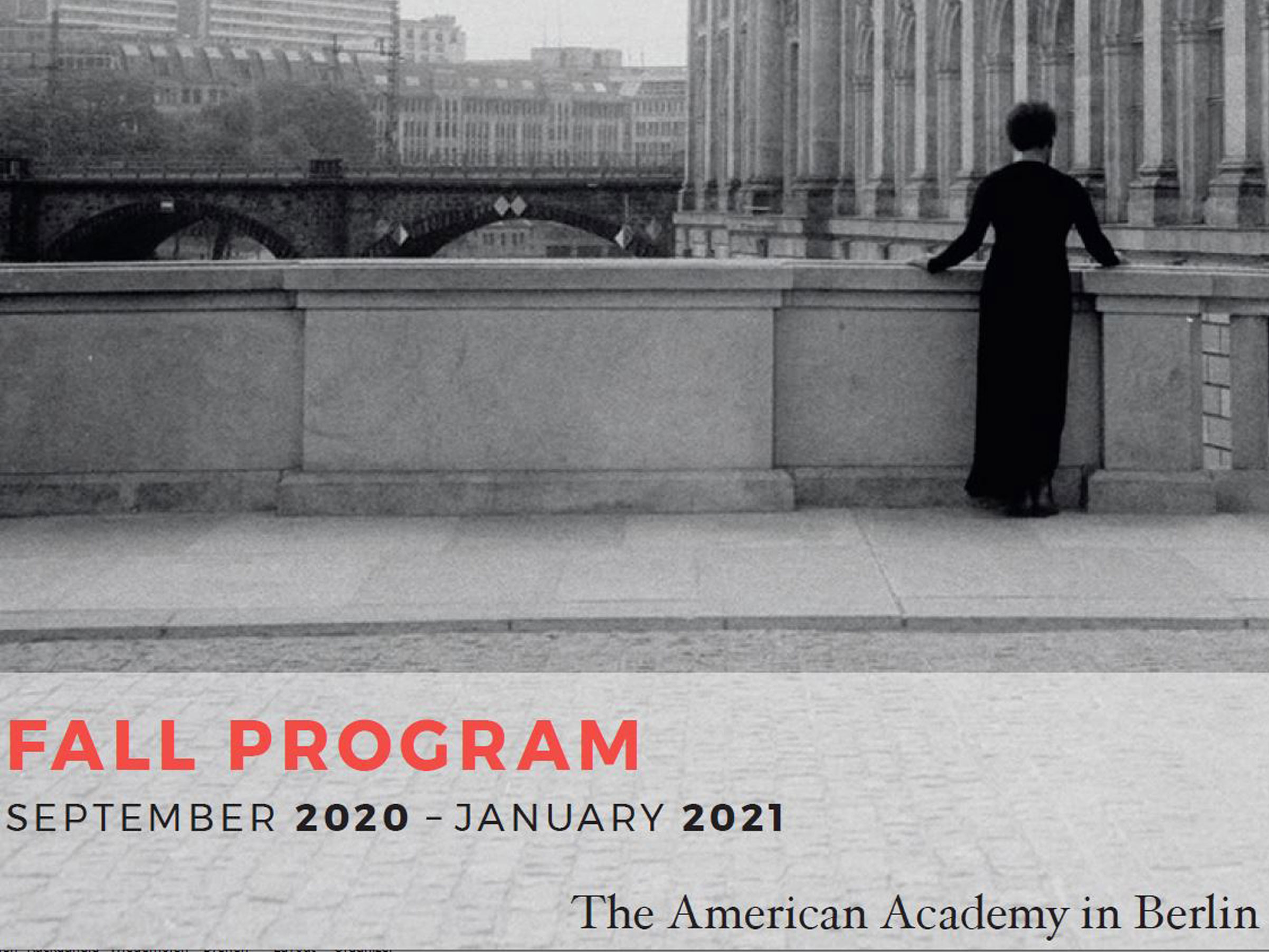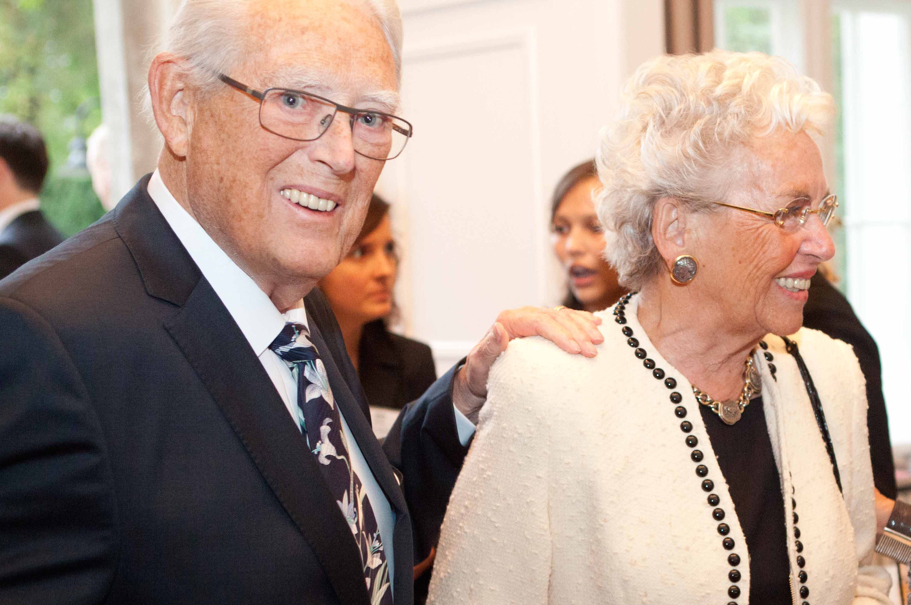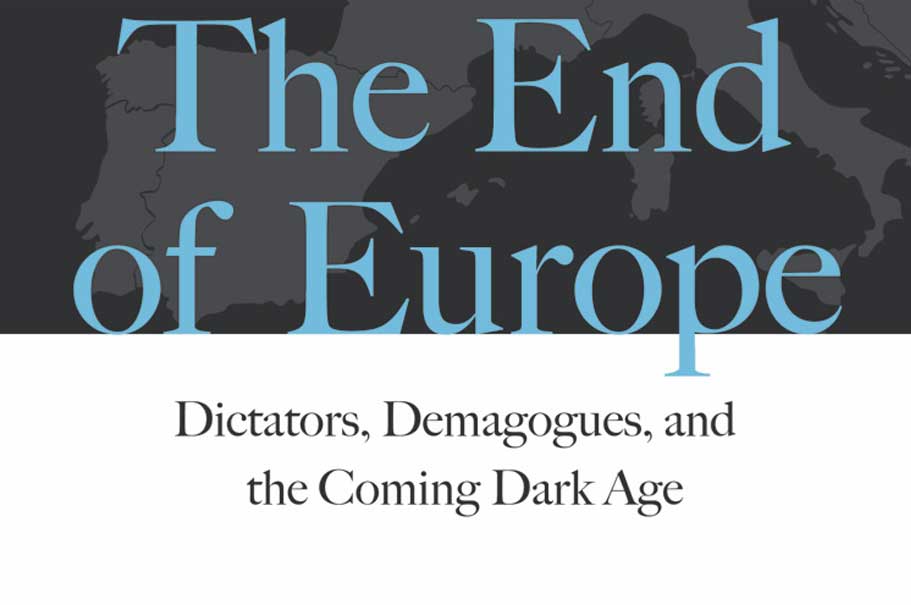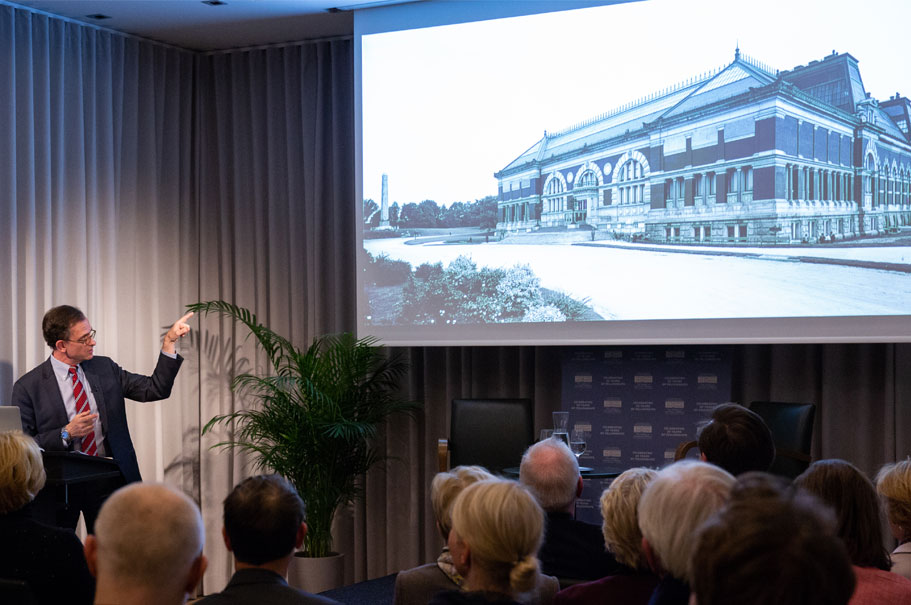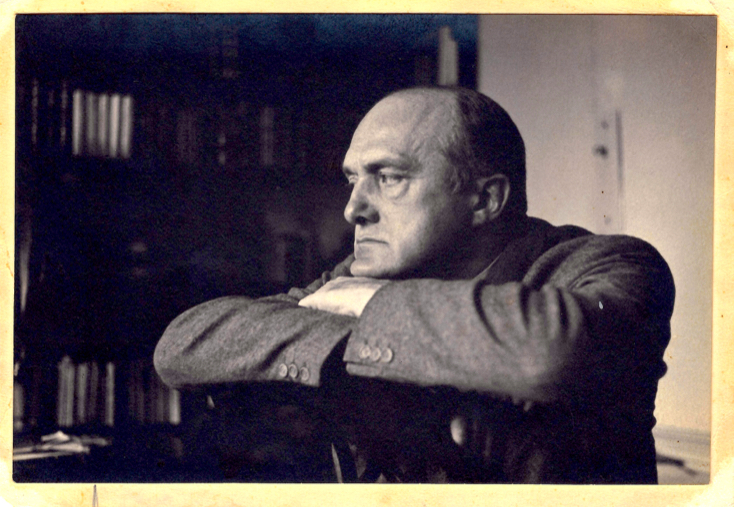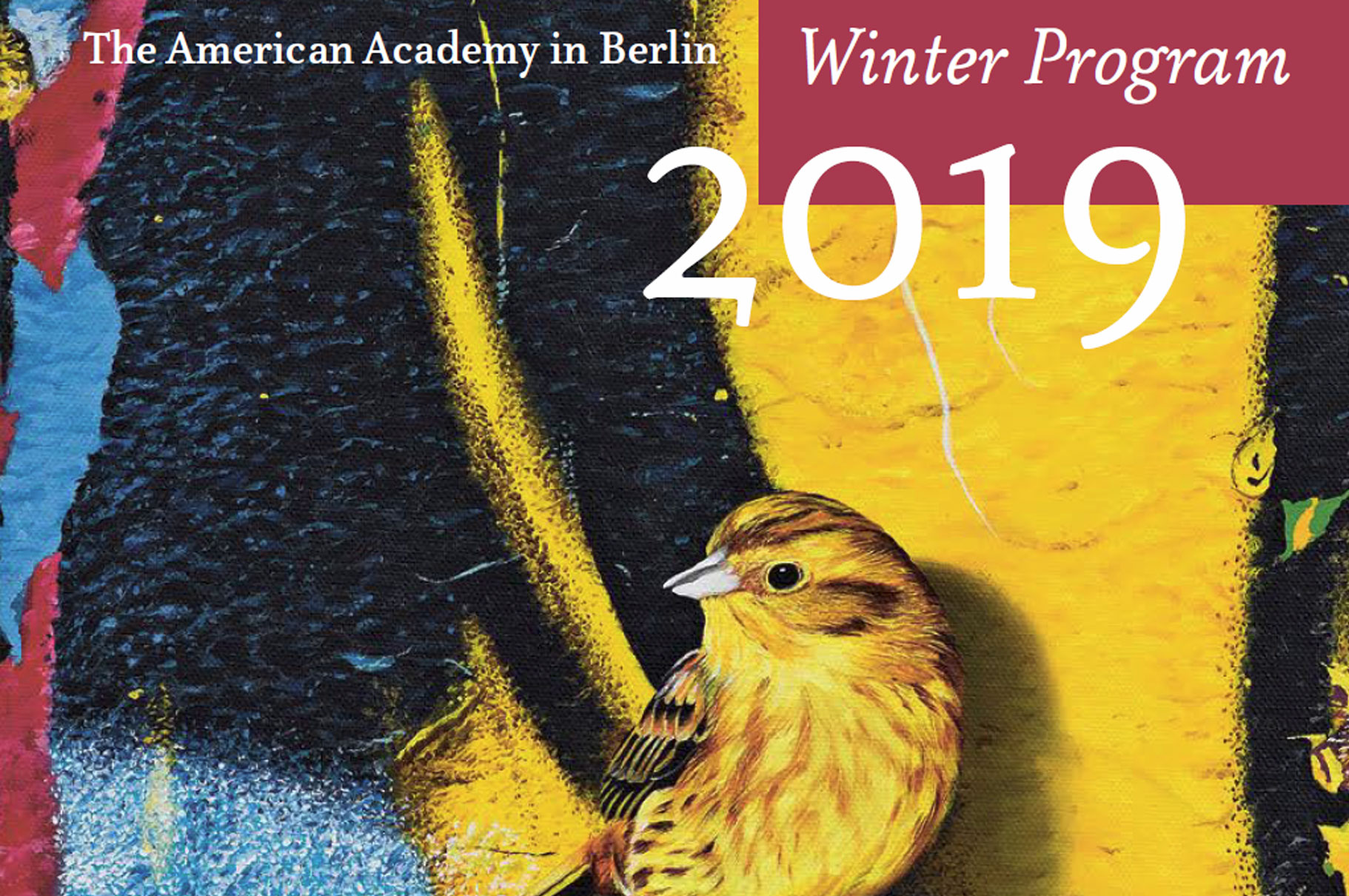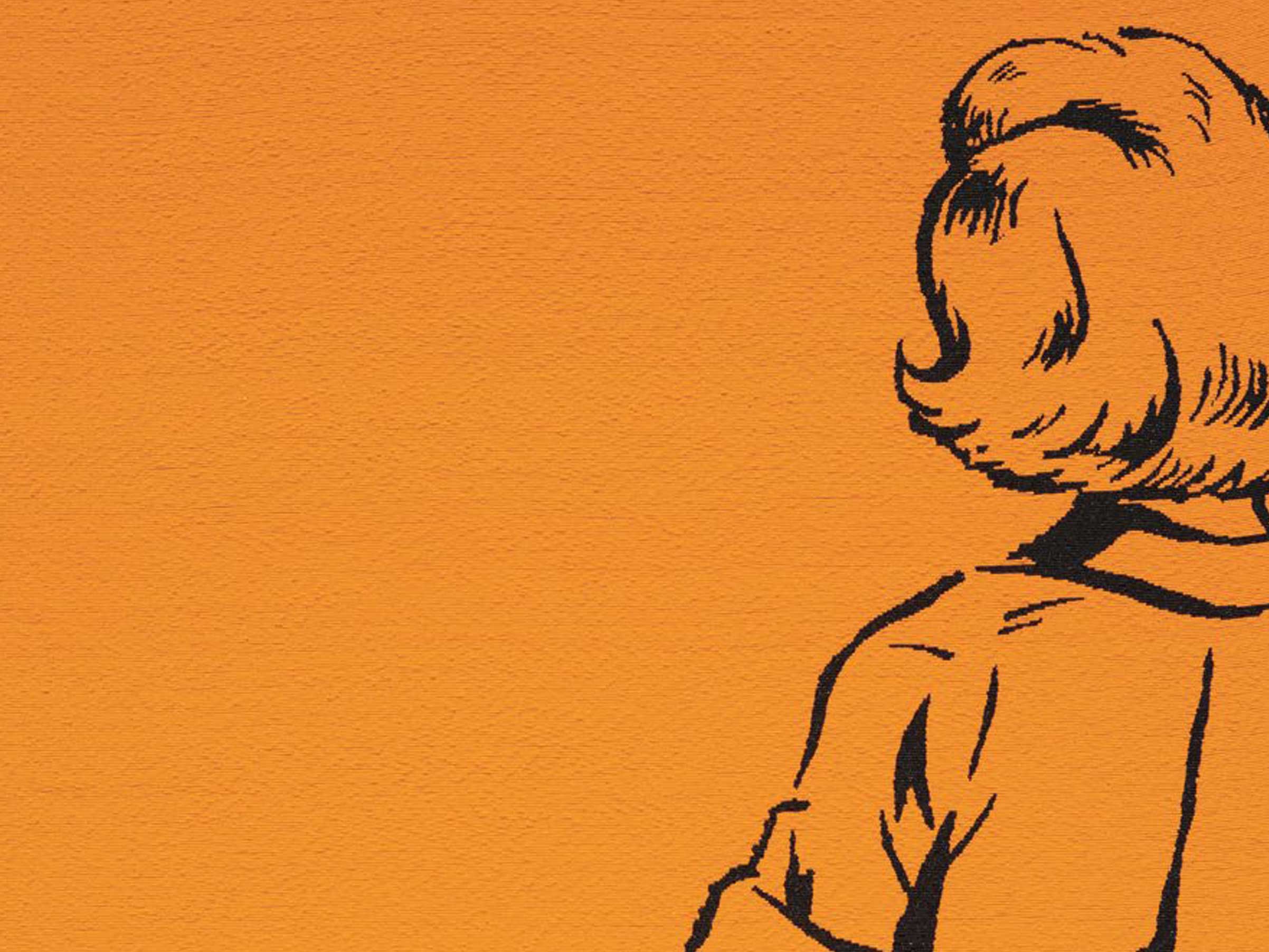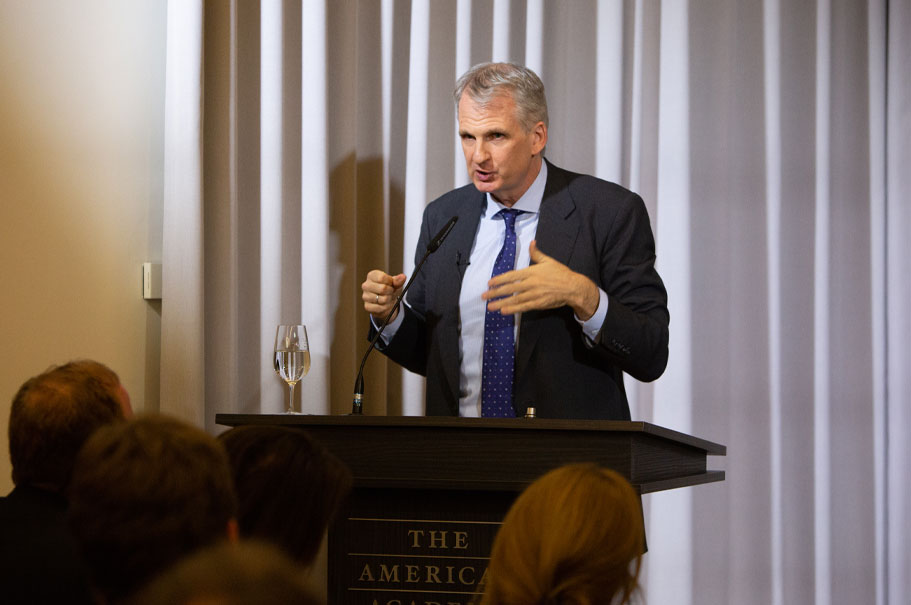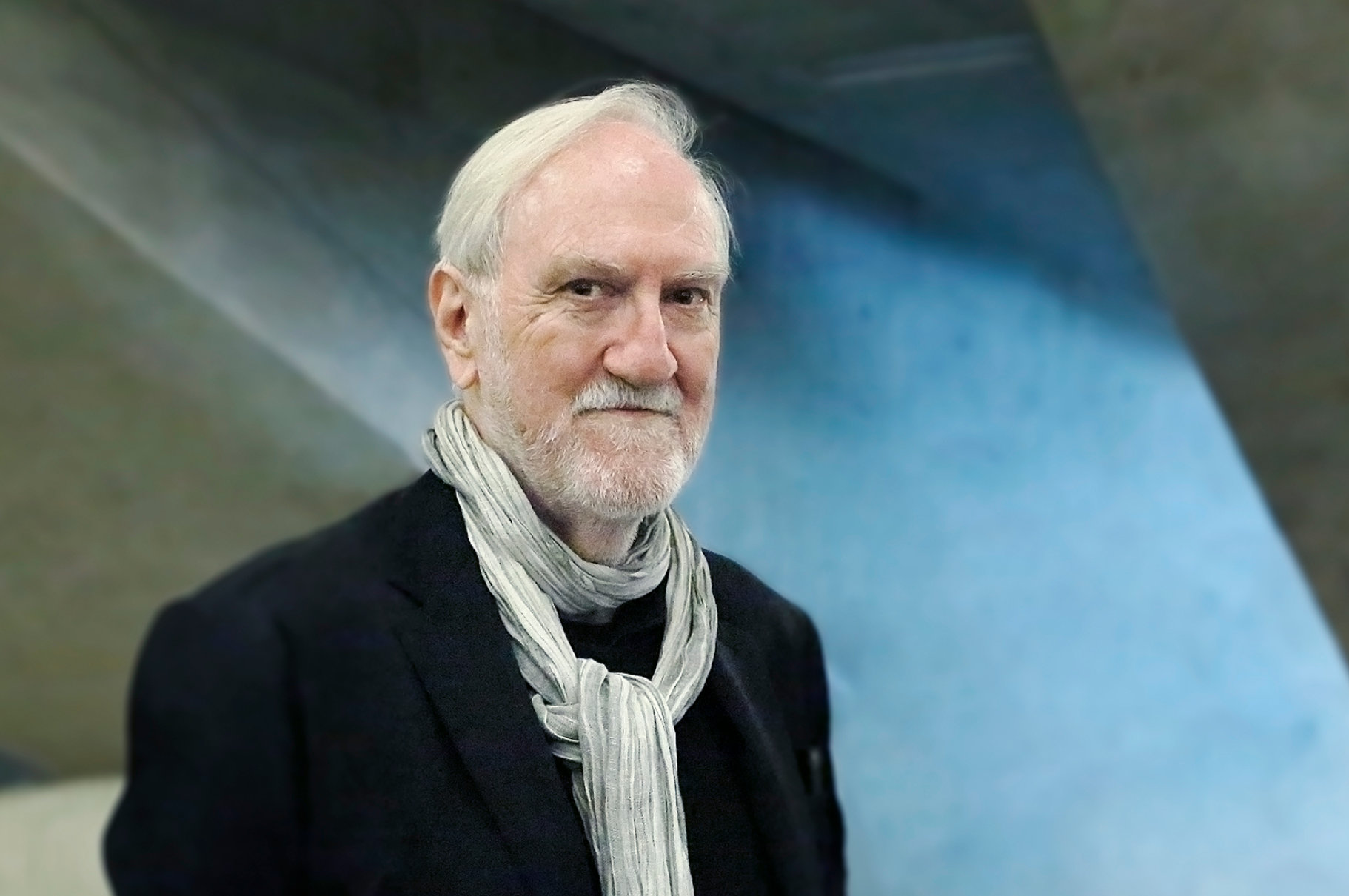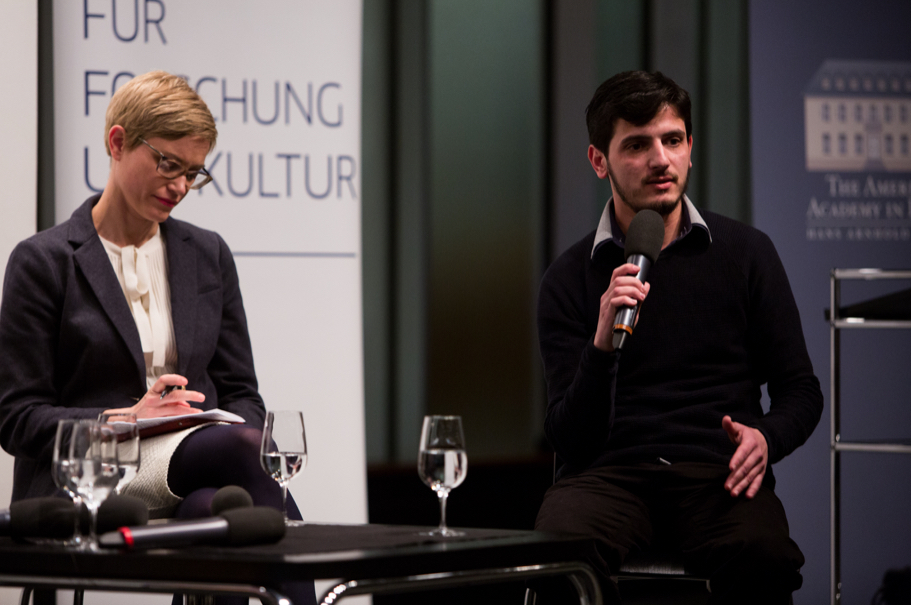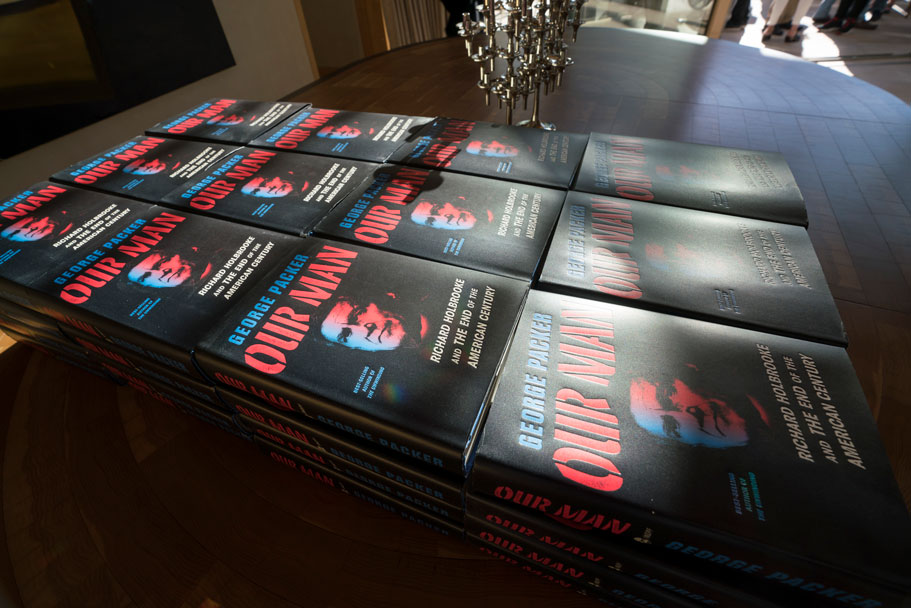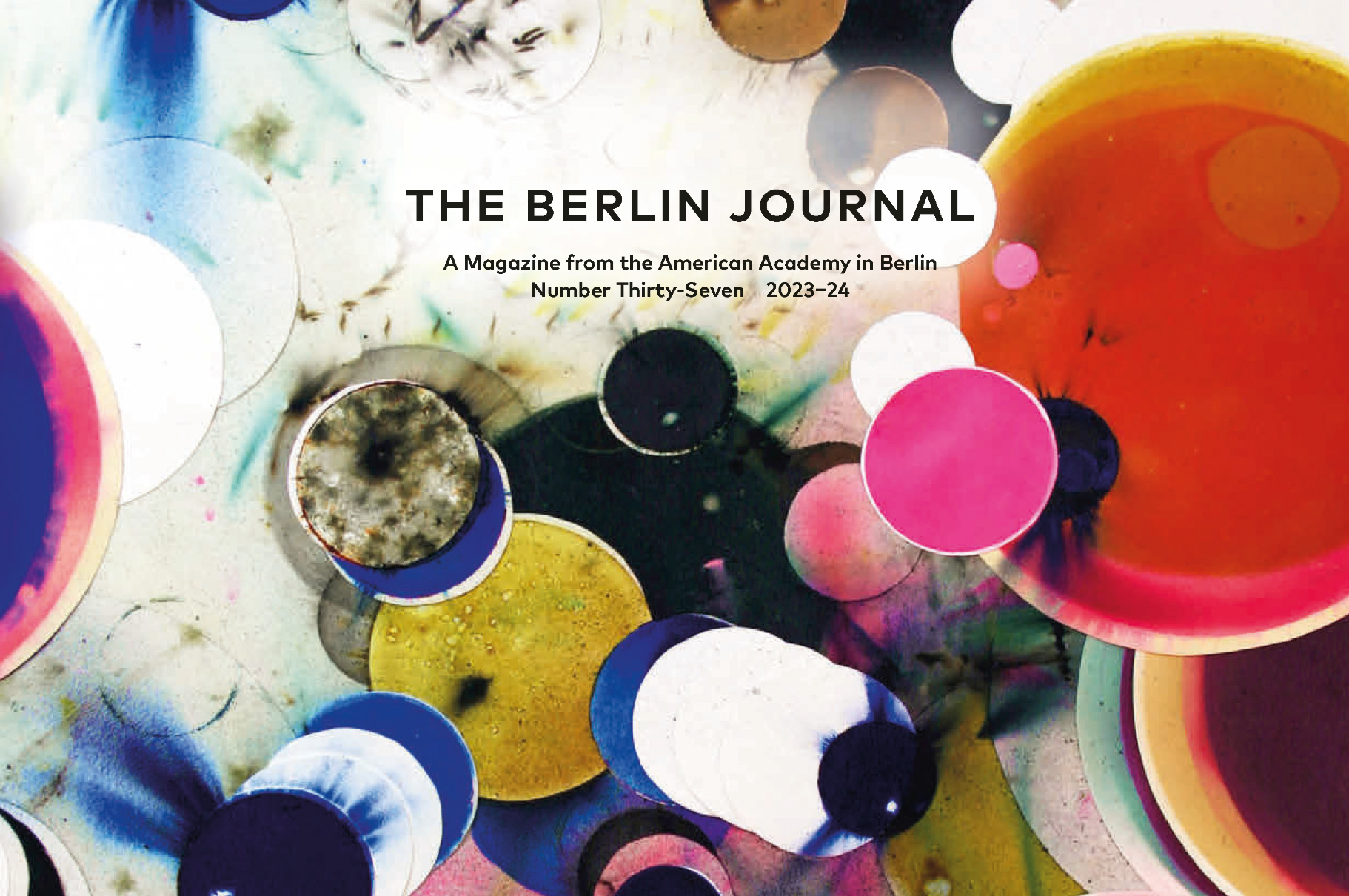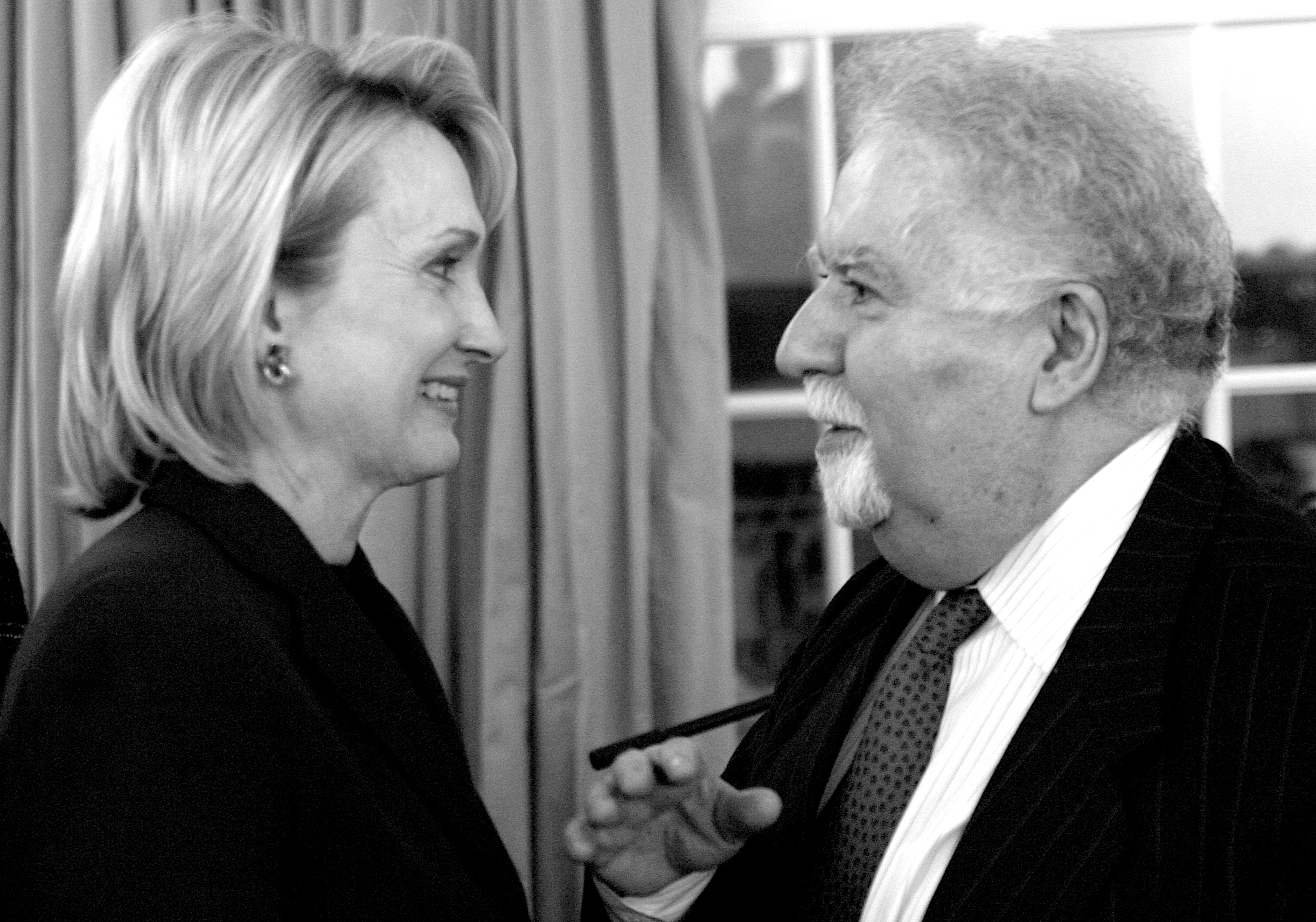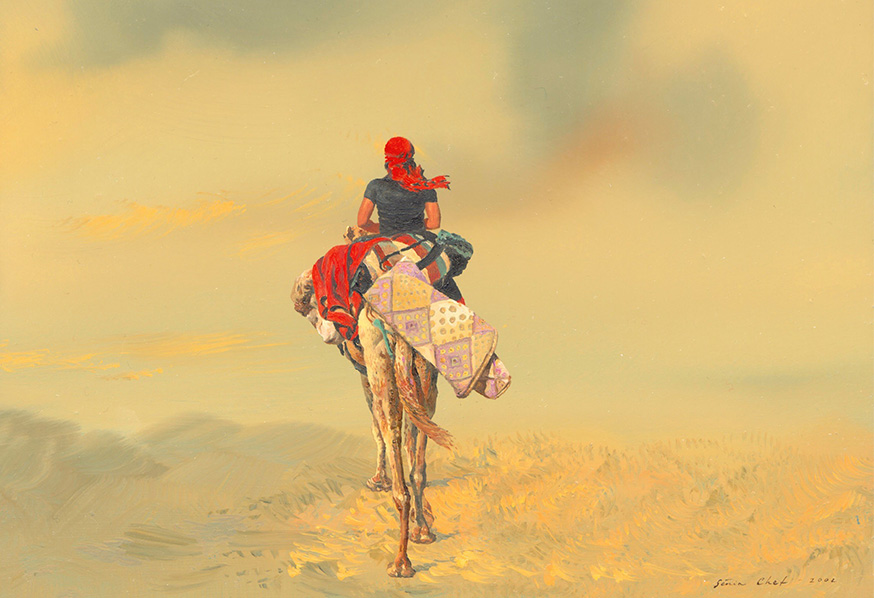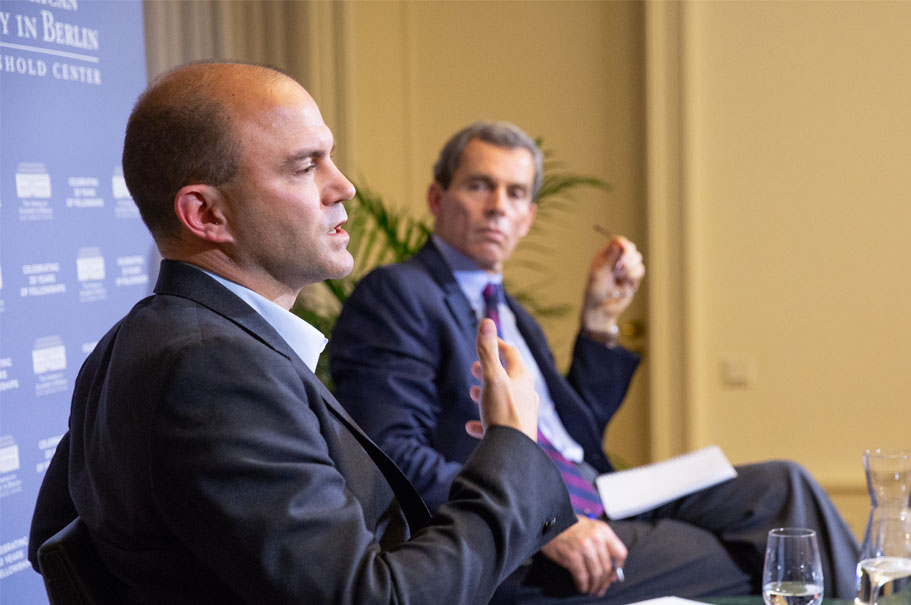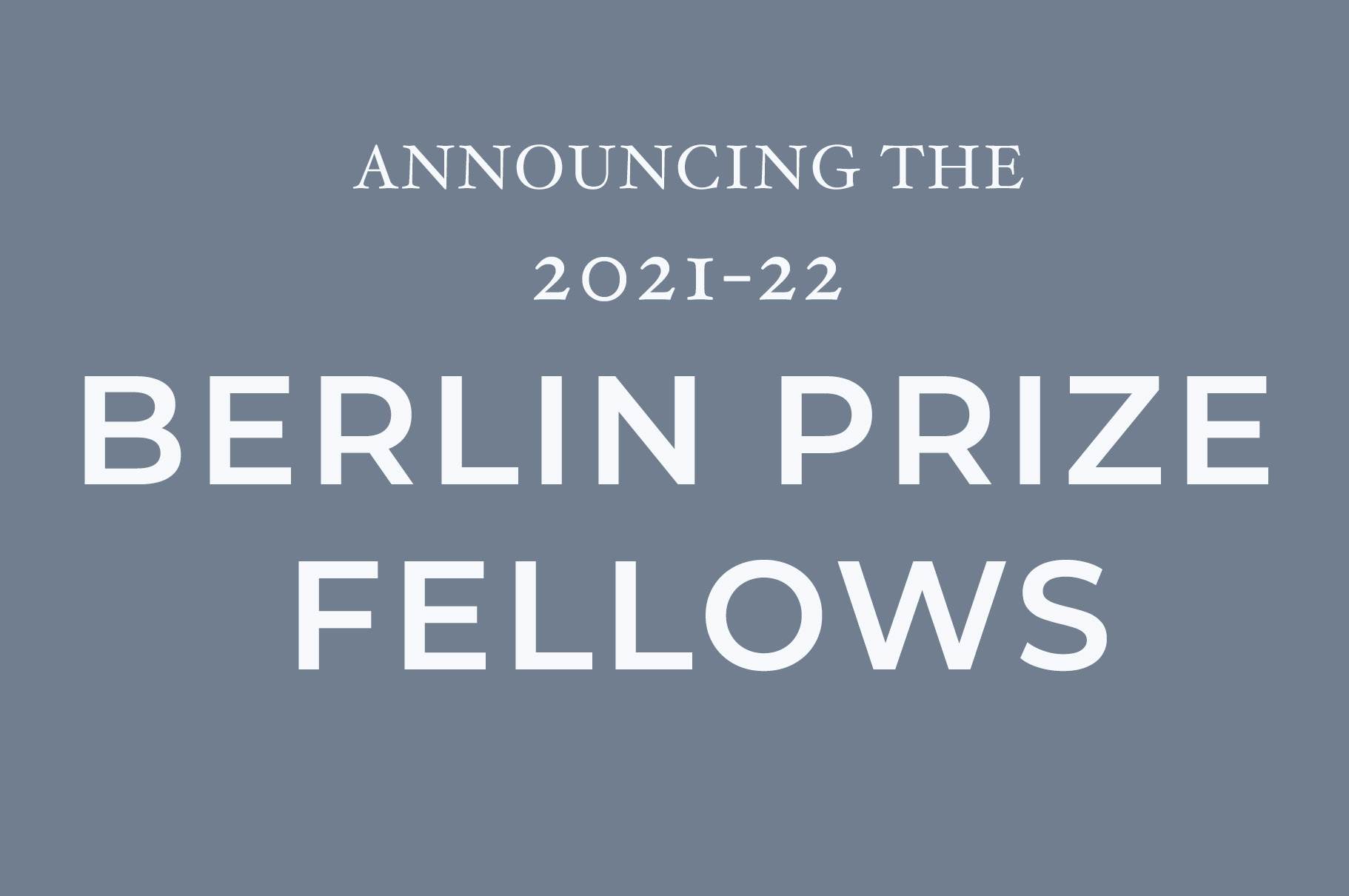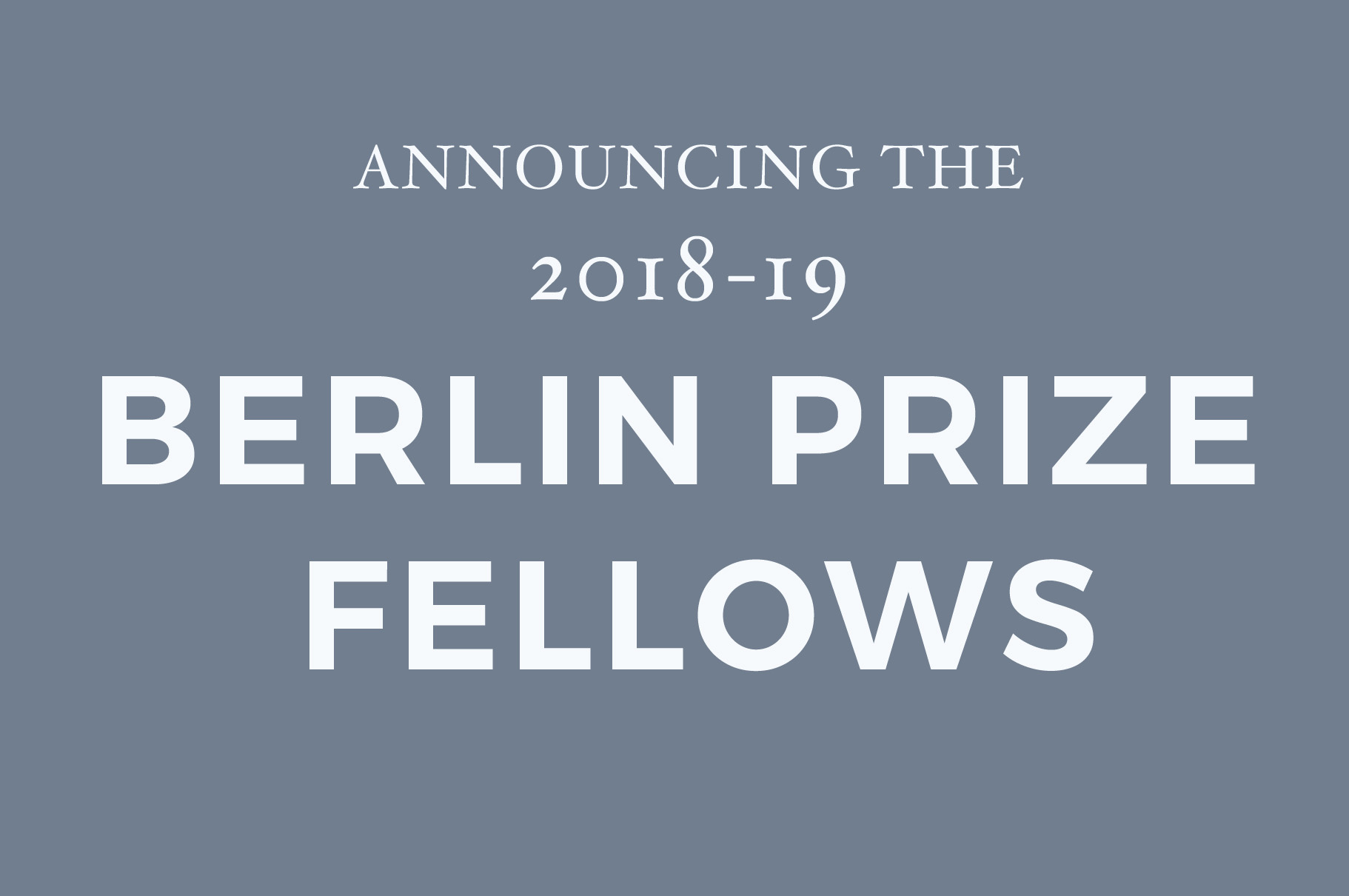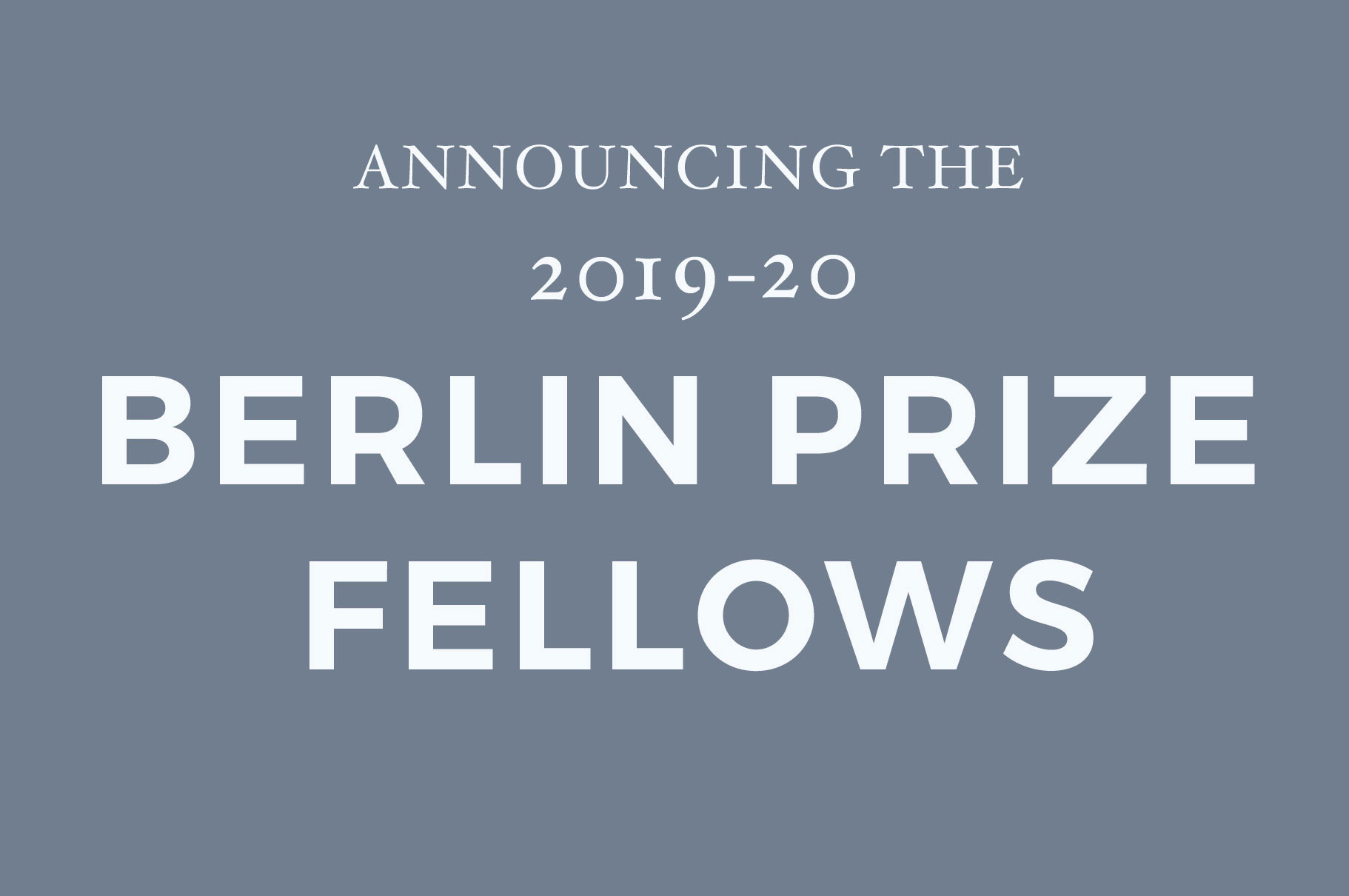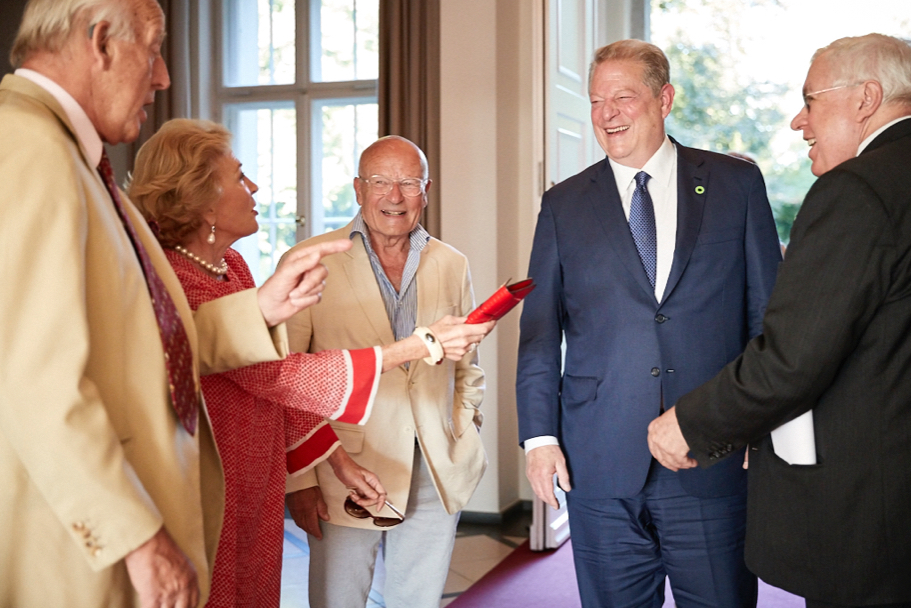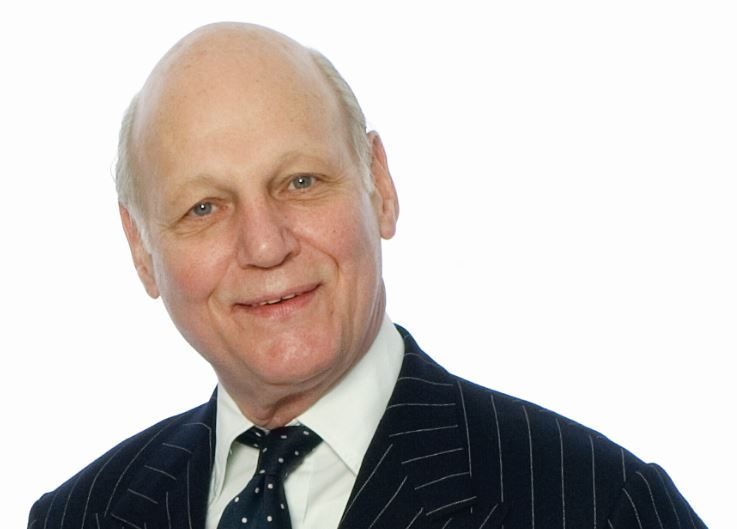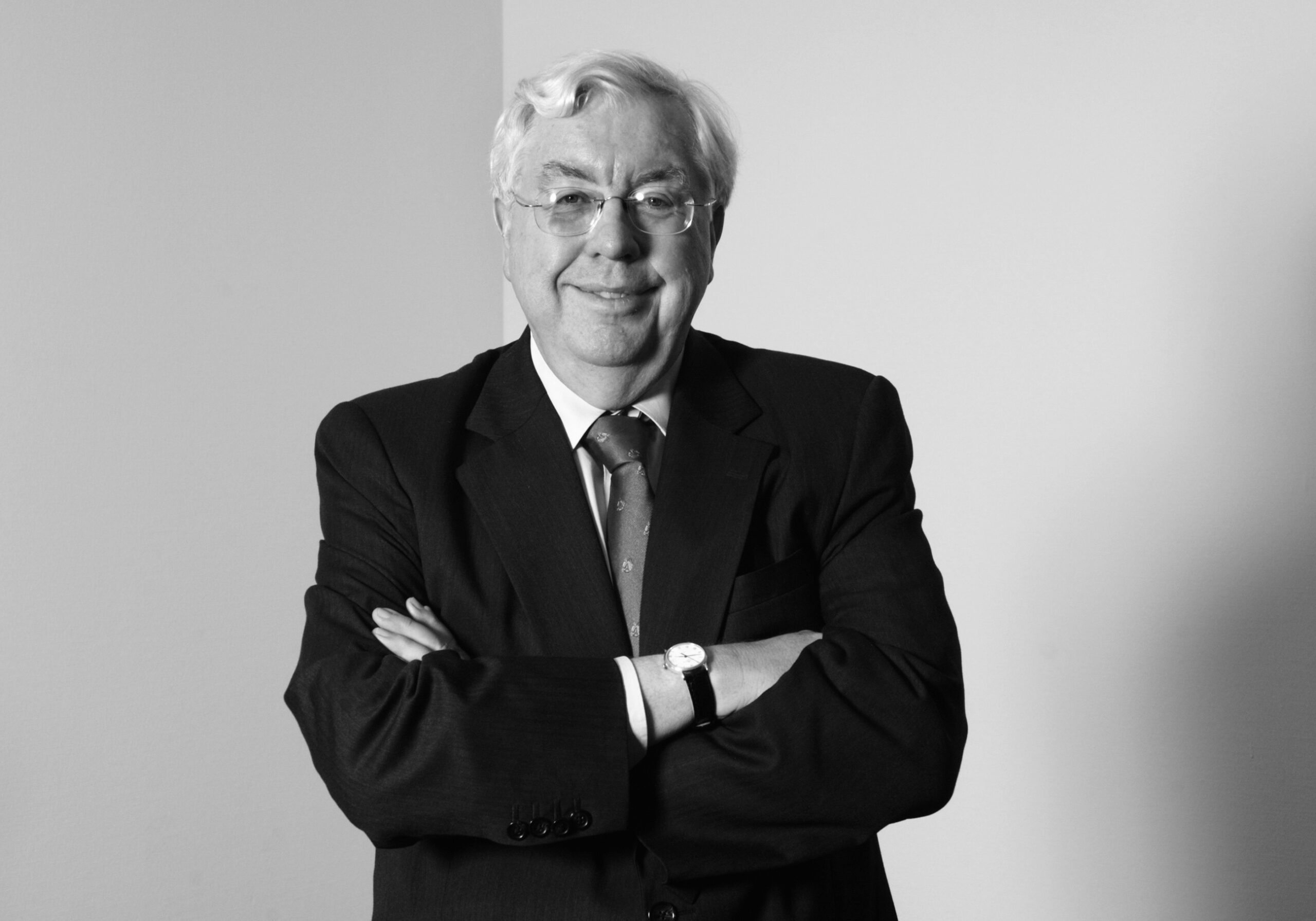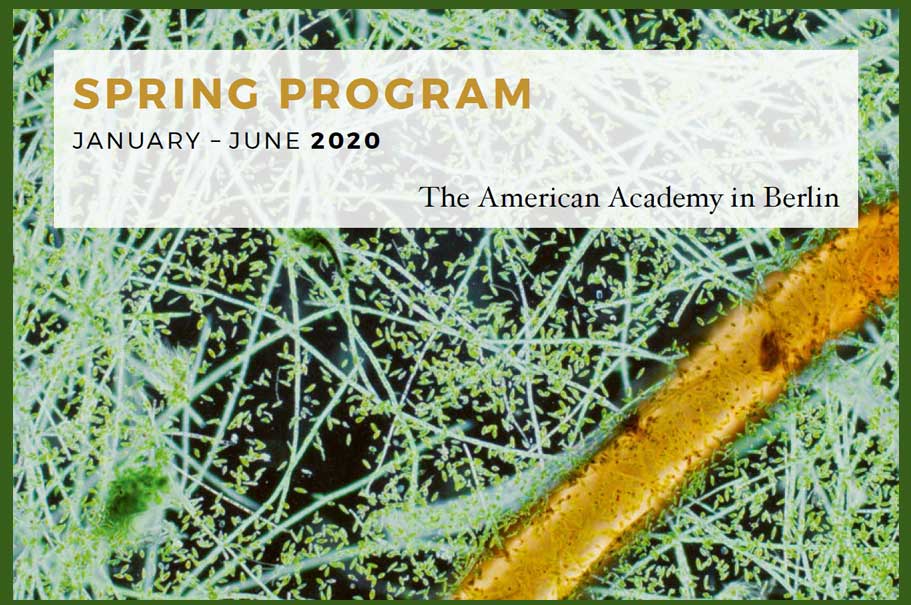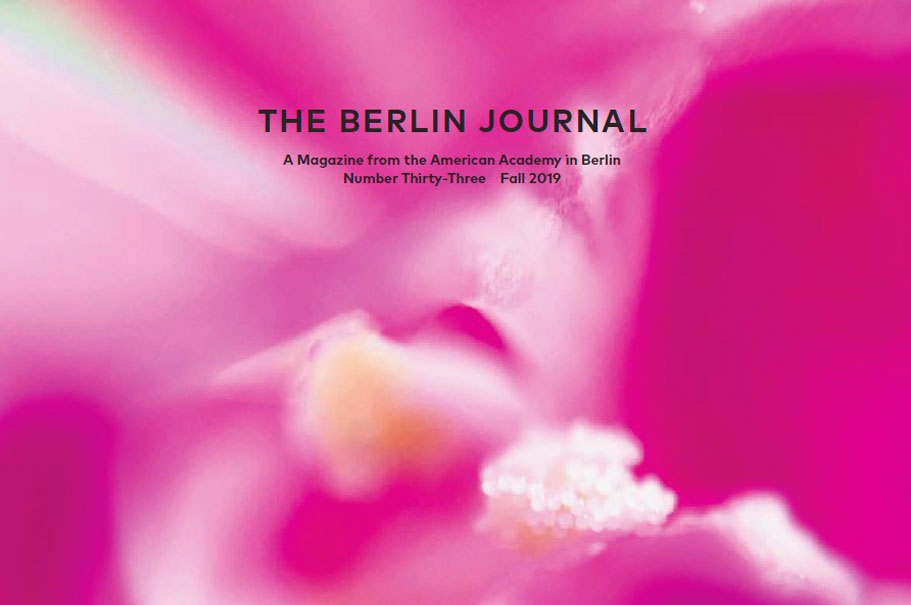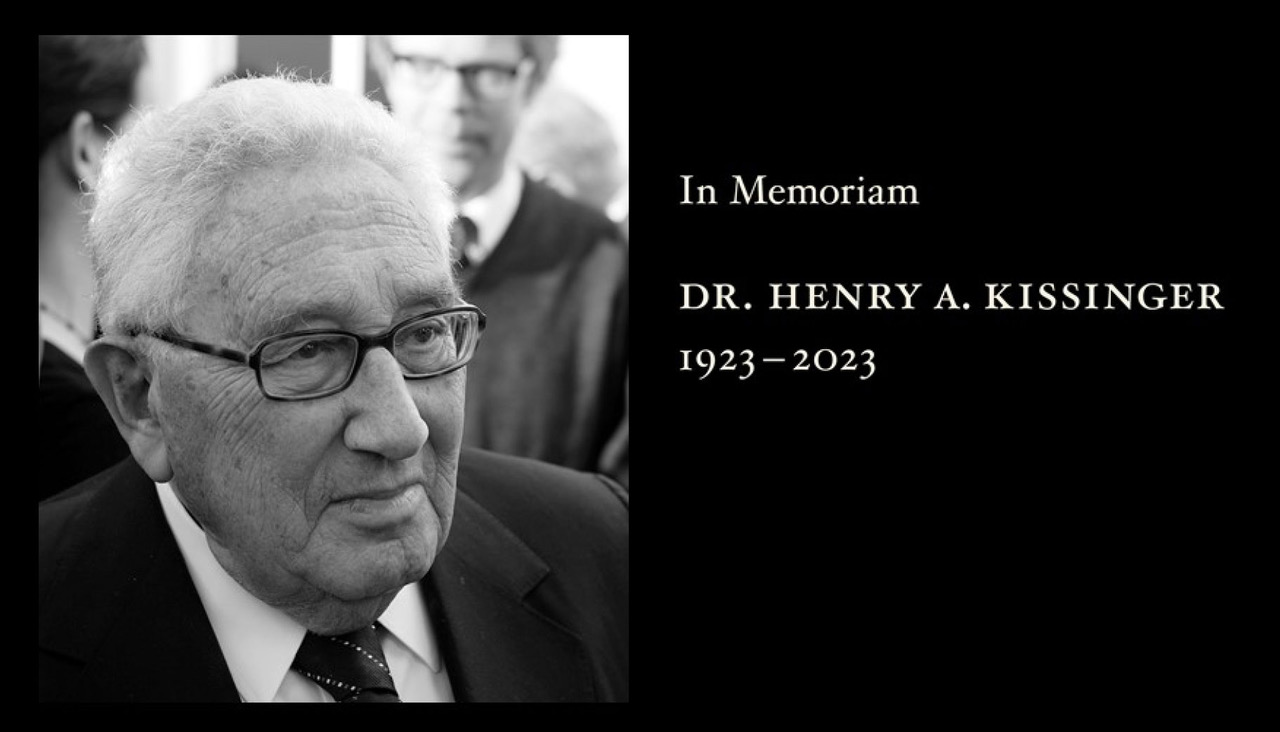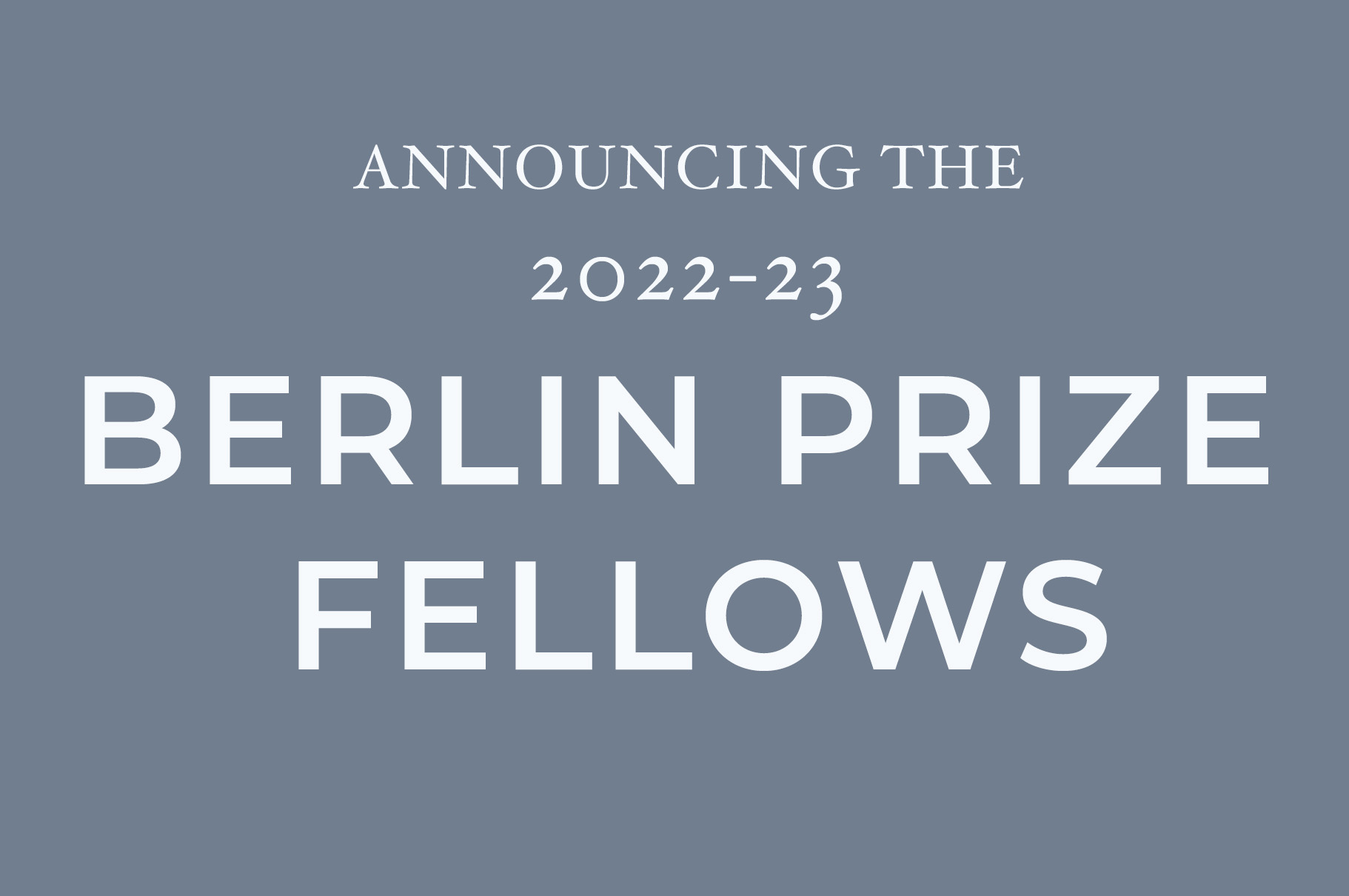
The 2022-23 Berlin Prize Fellows
BERLIN—May 23, 2022—The American Academy in Berlin has granted twenty Berlin Prizes for fall 2022 and spring 2023. The Berlin Prize is awarded annually to American or US-based scholars, writers, composers, and artists who represent the highest standards of excellence in their fields, from the humanities and social sciences to journalism, public policy, fiction, the visual arts, and music composition. Chosen by an independent selection committee, the 2022-23 class of fellows will pursue a wide array of scholarly and artistic projects, including studies of Herodotus and historiography, mathematical reasoning and representative politics, Europe’s elusive partnership with Russia, a cultural history of American violence, climate change and hydrological globalization, Turkish artistic practice in Berlin, music and the Anthropocene, three new novels, and a look at the intellectual relationship between the writers Audre Lorde and James Baldwin.
The Berlin Prize provides recipients the time and resources to advance important scholarly and artistic projects, free from the constraints of other professional obligations. Fellows work throughout the semester with Berlin peers and institutions in the Academy’s well-established network, forging meaningful connections that lead to lasting transatlantic relationships. During their stays, fellows engage German audiences through lectures, readings, and performances, which form the core of the American Academy’s public program.
The Fall 2022 Berlin Prize Fellows
Alexandra Chreiteh
Mellon Bridge Assistant Professor of Arabic and International Visual Studies, Tufts University
At the Academy, Chreiteh will work on Sweetmeats, a novel and fiction podcast in Arabic. Set in a border town between Lebanon and Syria on the cusp of the Syrian revolution, the project probes the relationships between gender and labor, global migration and ecological disaster, and mounting nationalism and domestic violence, tracing the intricacies of becoming a stranger in one’s home and one’s own body. Additionally, she will work with refugee actors and artists in Berlin and hopes to begin her first novel in English.
Suzanne L. Marchand
Boyd Professor of History, Louisiana State University, Baton Rouge
While in Berlin, Marchand will be researching and writing a book on the modern uses and abuses of the work of that infamous ancient busybody known as both “the father of history” and “the father of lies”: Herodotus. The tentative title, “Herodotus and the Instabilities of Western Civilization,” points to the book’s main purpose: to show that Europeans and Americans have never agreed upon the origins of “our” civilization—or about what it means to write a “true” history.
Jackie Murray
Associate Professor of Classics, University of Kentucky; Associate Professor of Classics, SUNY at Buffalo
In her Academy project, Murray examines the idea and image of slavery in the Phaedo and Republic, part of a larger study of Plato’s dialogues where the image and language of slavery is used, enslaved persons figure, or where slavery is explicitly discussed.
Claudia Rankine
Professor of Creative Writing, New York University
At the Academy, Rankine plans to adapt the transcript of two recorded conversations between James Baldwin and poet Audre Lorde into a play. The conversations took place between fall 1983 and winter 1984 at Hampshire College, where Baldwin was a visiting professor. “It’s a rare moment that we come up against the limits of Baldwin’s brilliance when in dialogue with the feminist ideology of Lorde,” Rankine writes. These intimate conversations were held with only a few others present and show two brilliant minds at work, reckoning with literature, American racism, gender, and education.
Alexander Rehding
Fanny Peabody Professor of Music, Harvard University
Against the odds, music offers important lessons for human survival in the climate crisis. Most critically, it teaches us to think carefully about temporality. Rehding’s in-progress book, A Playlist for the Anthropocene, explores the intersections between musical sounds and the ticking clock that counts down humanity’s remaining future on our planet.
Mary Elise Sarotte
Kravis Distinguished Professor in the School of Advanced Studies, John Hopkins University
While in Berlin, Sarotte will be completing a book entitled Grace and Gift: The Elusive Goal of European Partnership with Russia.
Joshua Sellers
Associate Professor of Law, Sandra Day O’Connor College of Law, Arizona State University
The “law of democracy,” as designated by American legal academics, refers to the system of laws, institutions, and norms that define the rules of democratic practice. In “The Law of Democracy and Racial Equity,” Sellers will examine the relationship between election law doctrines, electoral structures, policies, and practices, and racial equity. Racial equity is defined here as political, economic, and social environments in which people, regardless of race, enjoy the same core entitlements and prospects for personal fulfillment.
Alma Steingart
Assistant Professor of History, Columbia University
While in Berlin, Steingart will be working on her next book, Accountable Democracy: Mathematical Reasoning and Representative Democracy in America, 1920 to Now. In it, she examines how mathematical thought and computing technologies have impacted electoral politics in the United States in the twentieth century. Focusing on the census, apportionment, congressional redistricting, ranked voting, and election forecasts, Steingart investigates how changing computational practices, from statistical modeling to geometrical analysis, insinuated themselves into the most basic definitions of “fair representation” of the American electorate.
David Treuer
Professor of English, University of Southern California; Faculty Member, American Indian Arts Institute
Treuer’s Academy book project, “The Savage Mind” is a long autobiographical essay—mixing history, reportage, cultural studies, and memoir—about the nature and culture of American violence.
Ying Zhang
Associate Professor of History, Ohio State University
Ying Zhang will be completing a book that examines the imprisoned officials in Ming China (1364-1644) at the intersection of bureaucracy, law, politics, and society.
The Spring 2023 Berlin Prize Fellows
John Connelly
Sidney Hellman Ehrman Professor of European History, University of California at Berkeley
At the Academy, Connelly will explore the long-term consequences of Germany’s emergence as a nation state that was imperial and ethnic at the same time—occupying a huge space in Central Europe but seeking to make millions of diverse human beings into ethnic co-nationals. His study reaches back to after the fall of Rome but ultimately seeks to account for the modern, disruptive role the German empire of the 1930s had in occasioning, as Frank-Walter Steinmeier has said, a “unique break with civilization.”
Harvey V. Fineberg
President, Gordon and Betty Moore Foundation
In Berlin, Fineberg will be working on his project “Global Pandemic Preparedness and Response.”
Tiffany N. Florvil
Associate Professor of History, University of New Mexico
Florvil will work on a biography of the prominent Black German poet and activist May Ayim. The biography, entitled Borderless and Brazen: The Life and Legacy of May Ayim, 1960-1996, will offer the first full-length study on Ayim’s political and intellectual corpus.
Ela Gezen
Associate Professor of German and Director of German and Scandinavian Studies, University of Massachusetts, Amherst
Gezen will be working on the completion of her second book, Cultures in Migration: Turkish Artistic Practices and Interventions in West Berlin. It examines cultural practices by Turkish artists during the late 1970s and early 1980s as an early manifestation of Turkish self-presentation in West Germany, and more specifically as a key part of the formation of a Turkish public sphere in West Berlin. While in residence, she will revisit local archives to review relevant materials, including performance programs, event brochures, and municipal documents.
Lauren Groff
Novelist
At the Academy, Groff will finish her novel “Doom-eager,” about climate catastrophe, insomnia, existential threat, and God. She also hopes to finish a collection of short stories.
Cymene Howe
Professor of Anthropology, Rice University
In her Academy project, “Melt, Rise & Hydrological Globalization,” Howe focuses on the interconnections between a melting Arctic and sea level rise in global coastal cities, with an attention to how water—transformed by a warming world—establishes novel links between distant places and populations. In Berlin, she will conduct research with climate scientists and climate adaptation specialists.
Lorrie Moore
Author; and Gertrude Conaway Vanderbilt Professor of English and Creative Writing, Vanderbilt University
While at the Academy, Moore will be working on a narrative inspired by her father’s childhood trip to Berlin in the 1930s.
Abraham L. Newman
Professor of Government, Edmund A. Walsh School of Foreign Service, Georgetown University
As global economic networks have increasingly been used by the United States and China for foreign policy objects, Europe often sits in the middle. Newman will spend the fellowship studying how German and European policymakers are responding to this world of weaponized interdependence.
Cristina Rivera Garza
Author; M.D. Anderson Distinguished Professor, Director of PhD Program in Creative Writing in Spanish, University of Houston
Rivera Garza will be working on her new project “The Solanum Tuberosum Diaries,” a creative nonfiction work exploring family history in the context of the demise of potato production in the Toluca valley in central Mexico.
Tashi Wada
Composer and Musician
While at the Academy, Wada will be working on “Hour of the Star,” a composition he will develop in collaboration with a group of musicians in Berlin who focus on “tuning and temperament” in contemporary music.
Mary Elizabeth Wilson
Visiting Professor of Epidemiology and Biostatistics, University of California, San Francisco
While at the Academy, Wilson will be working on a project about antibiotics.

